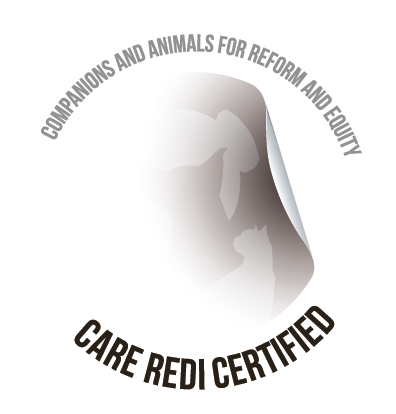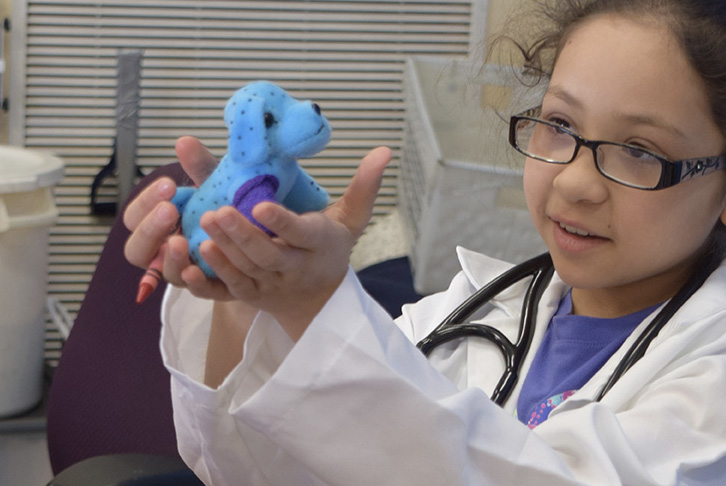Cultural Competency
In today’s globalized and interconnected world, veterinary providers play a vital role in serving diverse client populations, each with unique needs, perspectives, and cultural backgrounds. Because of this, understanding and gaining cultural competency is paramount. Key to this competency is cultural humility, a mindset which Awanookwe Kingbird-Bratvold explains in this video.
Cultural humility is the acknowledgement of our individual lack of knowledge – admitting that one does not know and is willing to learn from patients about their experiences. It is being aware of one’s own embeddedness in culture(s) but being committed to learning. While you can have humility with all persons, it is critical to strive towards competence with the community you work within, including within your team. While competence suggests mastery, humility refers to an intrapersonal and interpersonal approach that cultivates person-centered care.
Cultural competency is the ability to understand, appreciate, and interact effectively with individuals from various cultural backgrounds. It involves recognizing and valuing diversity. In our world as animal care providers, we use cultural competency to understand the impact of culture on health beliefs and practices, and adapting one’s approach to ensure respectful and inclusive care. When we are culturally competent, we can foster an environment where our clients feel seen, heard, and respected.
This is a common misconception: adhering to one’s culture means they tell me how to practice medicine.
It is important to remember that no one is expecting veterinarians, veterinary staff, or shelter paraprofessionals to work within the health model of the clients, but by being open to learning and showing respect, clients will trust you [and your recommendations] that will ultimately lead to better patient outcomes.
It is crucial to remember that cultural competency is not a destination but a continuous process of growth and reflection. Embrace this journey with an open mind and a commitment to making a positive impact on the pets and the people you serve.

